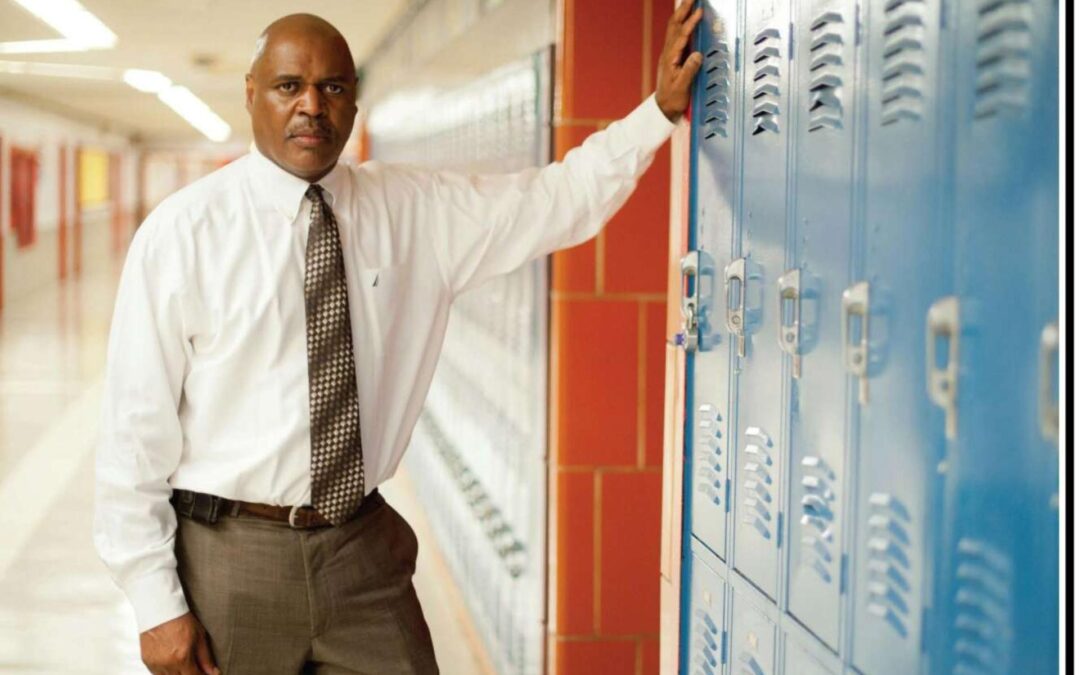Alright – so today we’ve got the honor of introducing you to Bernard Gassaway. We think you’ll enjoy our conversation, we’ve shared it below.
Bernard, thanks for joining us, excited to have you contributing your stories and insights. Let’s kick things off with talking about how you serve the underserved, because in our view this is one of the most important things the small business community does for society – by serving those who the giant corporations ignore, small business helps create a more inclusive and just world for all of us.
I began my teaching career in 1986 at the beginning of the crack epidemic. I was driven to the teaching professional because of the stress that I caused my mother when I was a student in the New York City public school system. My mother passed away in April of 1986. I began teaching in September of 1986. I specifically wanted to teach boys thinking I would spare mothers the stress that I caused for my mother. I was the typical wayward child. Fortunately, my mother got to see me get my act together and eventually graduate from college. This was particularly significant because my trajectory was graduating to prison.

As always, we appreciate you sharing your insights and we’ve got a few more questions for you, but before we get to all of that can you take a minute to introduce yourself and give our readers some of your back background and context?
In my capacity as educator, I have been given many labels. The one that initially caused me to pause was “radical educator.” I earned this title because I was not the typical go along to get along educator. I served as teacher, assistant principal, principal, and superintendent in the New York City Public School System. I was surprised in each role that the notion of putting children first was a façade. I guess to put it more strongly, it was a lie. Guardians of the system espoused putting children first while their actions demonstrated otherwise. As an educator, I found myself fighting the very people who were supposed to support me in my role as educational leader. The fights were focused on getting the resources and funding for my under-served children and families. While the “system” expected me to be a team player, I could not see myself a player on any team that did not respect children and families, particularly those most deserving.


Can you share a story from your journey that illustrates your resilience?
As a public-school student, I was labeled special needs. While the label may have been warranted, there was no formal system in place to justify the label. I believe my experience in public schools played a part in my juvenile delinquency. This led me to several encounters with law officials and eventually I became court involved. In fact, when I was 15-years old, I was sent to a juvenile detention center for 18, only having to serve 8 months because of good behavior. Post this experience, I changed my friends and my attitude and went on to graduate from college and eventually earn three master’s degrees and a doctorate in educational leadership from Columbia University’s Teachers College.


Any stories or insights that might help us understand how you’ve built such a strong reputation?
I can attribute my current reputation to my consistency. I am an unwavering child advocate. While I have my share of detractors, I believe people appreciate my ability and willingness to fight the good fight for children and families. I have no illusions about the power of the “system.” However, this has not stopped me from confronting injustice, particularly when children were the targeted victims.


Contact Info:
- Website: www.bernardgassaway.com


